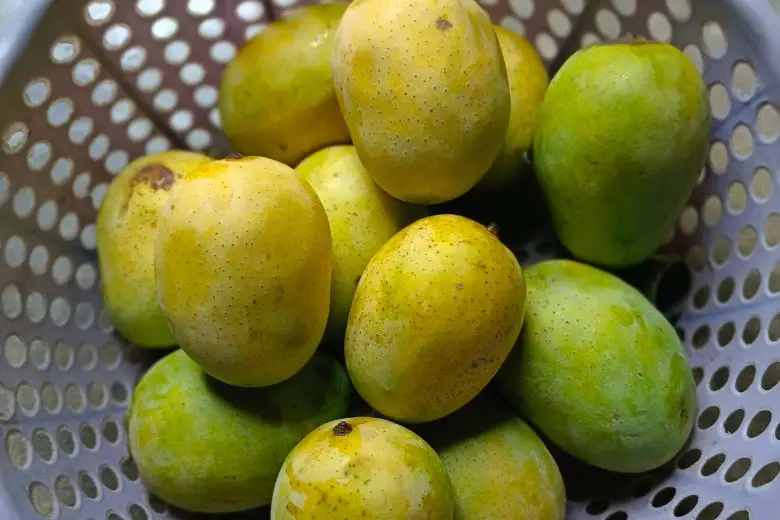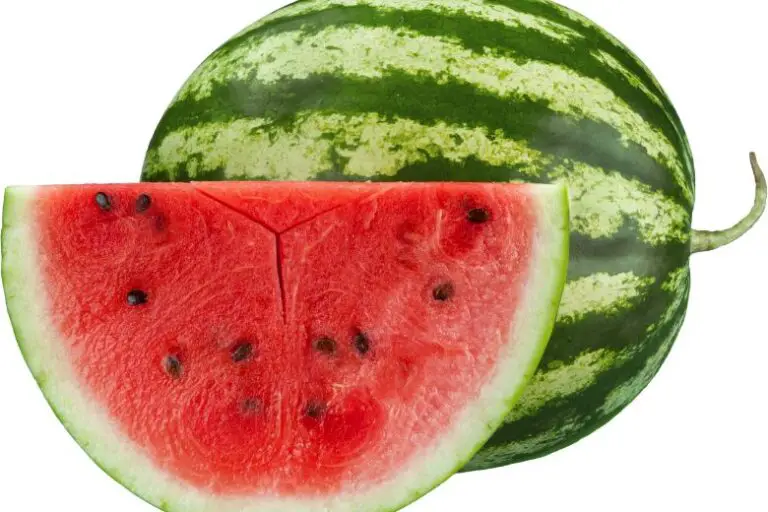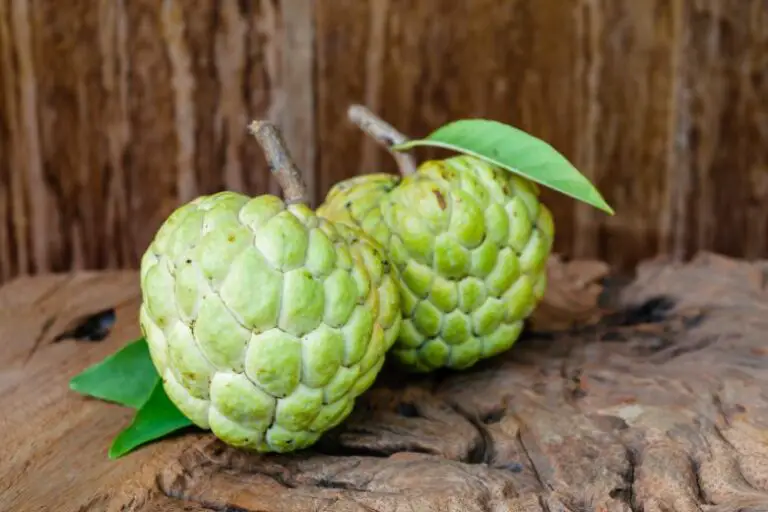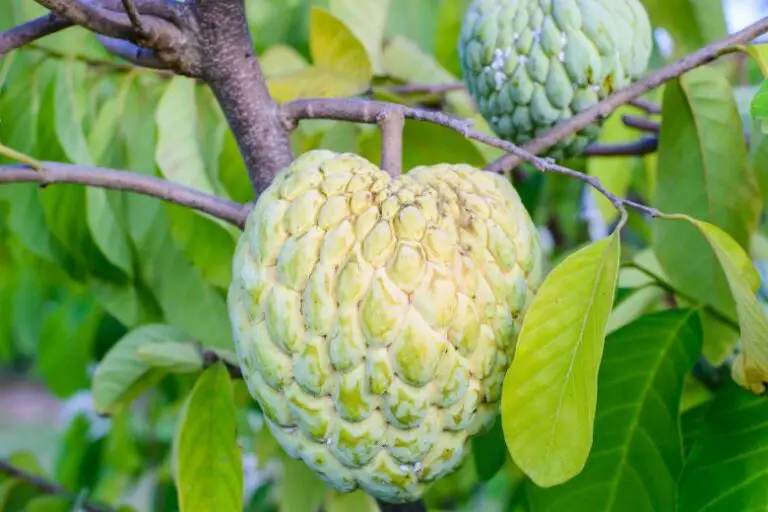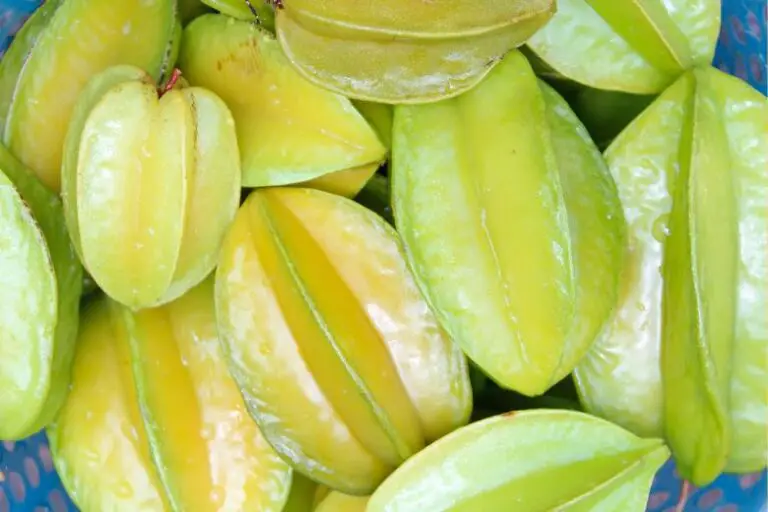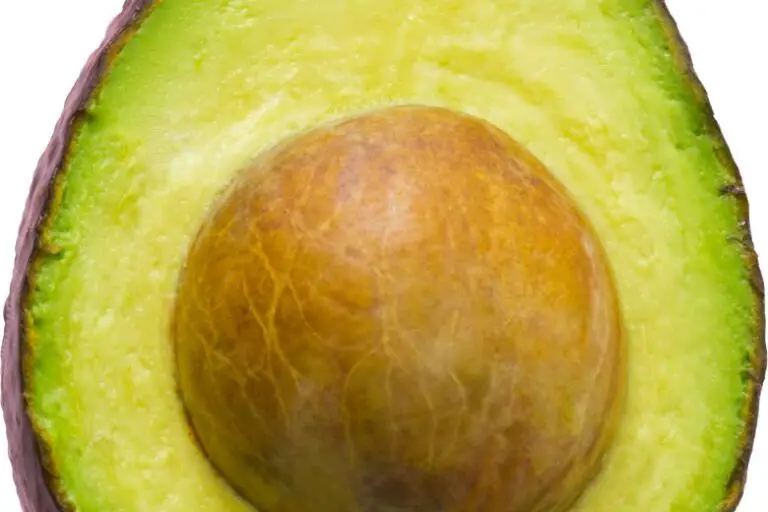Mango Season: Exploring Nature’s Sweet Delight
The tantalizing taste of a ripe mango is a true indulgence for fruit lovers worldwide. But have you ever wondered when is the best time to enjoy this tropical delight? Welcome to the world of mango season, where nature blesses us with its luscious bounty. In this article, we will delve into the intricacies of the mango season, explore the different varieties available, discover the culinary delights it offers, and learn about the impact of this season on agriculture, tourism, and our health.
Understanding Mango Season
Mango season refers to the time when mango trees bear fruit and yield an abundance of this succulent tropical fruit. It is a period eagerly awaited by mango enthusiasts, as it signifies the arrival of their favorite fruit in all its glory. The mango season is a phenomenon influenced by various factors, including climate, soil conditions, and regional variations. Let’s take a closer look at what makes the mango season so special.
Types of Mangoes
Mangoes come in a wide array of varieties, each with its unique taste, aroma, and texture. From the popular Alphonso and Kent mangoes to the lesser-known Ataulfo and Francis varieties, there is a mango to suit every palate. Additionally, different types of mangoes have varying seasonality, meaning they ripen and become available at different times throughout the year. This diversity adds to the excitement and anticipation of the mango season.
When is Mango Season?
Determining the exact timing of the mango season can be a complex task. It is influenced by a combination of factors such as climate, rainfall patterns, and geographical location. In tropical regions, where mango trees thrive, the season generally falls between the months of April and August. However, in subtropical regions, the mango season may start as early as March or extend until September. These variations allow mango enthusiasts to enjoy their favorite fruit for an extended period, depending on their location.
Regional Mango Seasons
The mango season’s timing also varies across different regions of the world. In tropical regions like India, Thailand, and the Philippines, where mangoes are a staple crop, the season is at its peak during the summer months. These regions experience the perfect combination of sunlight, warmth, and rainfall, creating an ideal environment for mango trees to flourish. In subtropical regions like Florida and California, the season arrives slightly earlier or extends into the late summer, making it a delightful treat for residents and visitors alike.
Harvesting and Ripening of Mangoes
The process of bringing mangoes from the tree to our plates involves careful harvesting and ripening techniques. Mangoes are harvested when they have reached the appropriate maturity stage but are still firm. This ensures that the fruits can withstand transportation without damage. Once harvested, mangoes undergo a ripening process either naturally or through artificial means. Natural ripening involves placing the mangoes in a warm and ethylene-rich environment, allowing them to ripen gradually. Artificial ripening methods, such as using ethylene gas, can expedite the ripening process, ensuring a consistent supply of ripe mangoes throughout the season.
Mango Season and Culinary Delights
The mango season brings an explosion of flavors to the culinary world. From refreshing mango smoothies and tangy mango salsas to indulgent mango desserts and aromatic mango curries, the possibilities are endless. The versatility of mangoes makes them a favorite ingredient in both sweet and savory dishes, elevating the taste and adding a tropical twist. Many cultures celebrate the mango season with special festivals and events dedicated to showcasing the culinary wonders this fruit has to offer.
Health Benefits of Mangoes
Besides being a delectable treat, mangoes also boast numerous health benefits. These golden fruits are packed with essential vitamins, minerals, and dietary fiber. Mangoes are a rich source of vitamin C, which boosts the immune system, promotes collagen formation, and aids in iron absorption. They are also abundant in vitamin A, which supports eye health and contributes to vibrant skin. Additionally, mangoes contain antioxidants that help combat inflammation and protect against chronic diseases. Incorporating mangoes into your diet during the season can be a delicious way to boost your overall well-being.
Mango Season and Agricultural Impact
The mango season plays a vital role in the agricultural industry, particularly in regions where mango cultivation is prominent. The season serves as a significant source of income for farmers and farmworkers, driving local economies and providing employment opportunities. Mango cultivation requires careful planning, cultivation techniques, and post-harvest management to ensure a successful harvest. The abundance of mangoes during the season allows for domestic consumption and export, contributing to the country’s economic growth.
Popular Mango-Related Activities
Mango season presents exciting opportunities for mango enthusiasts to immerse themselves in activities centered around this beloved fruit. Many orchards and farms offer mango picking experiences, allowing visitors to pluck ripe mangoes straight from the trees. These orchard visits provide a chance to connect with nature, learn about mango cultivation, and enjoy the satisfaction of harvesting your own fruit. Furthermore, various mango-themed events and festivals are organized during the season, featuring mango contests, culinary competitions, and cultural performances.
Mango Season and Tourism
The allure of the mango season extends beyond its agricultural significance. It has become a draw for tourists seeking unique experiences and a taste of tropical paradise. Regions known for their exceptional mangoes attract visitors from around the world, who come to indulge in the flavors and enjoy the vibrant atmosphere. Mango tourism destinations offer a range of activities, including mango tastings, guided tours of orchards, and even mango-inspired spa treatments. Exploring these destinations during the mango season provides an immersive and unforgettable experience.
Mango Season: Tips and Recommendations
To fully enjoy the mango season, here are some tips and recommendations to keep in mind:
- Selecting Ripe and Quality Mangoes: Look for mangoes with vibrant colors, a fruity aroma, and slight give when gently squeezed. Avoid mangoes with wrinkled skin or any signs of spoilage.
- Storing and Preserving Mangoes: If you have a surplus of mangoes, store them at room temperature until they reach the desired ripeness. Once ripe, you can refrigerate them to prolong their shelf life. Alternatively, you can freeze mango slices for later use in smoothies or desserts.
Mango Season: Frequently Asked Questions
FAQ 1: How long does the mango season last?
The duration of the mango season varies depending on the region and the specific mango variety. In general, the season can last anywhere from a few weeks to a few months.
FAQ 2: Can mangoes be shipped internationally during the off-season?
Mangoes are highly perishable fruits, and shipping them internationally during the off-season can be challenging. However, certain preservation and transportation methods may enable limited availability of mangoes in some regions during the off-season.
FAQ 3: Are there any special varieties of mangoes available during the season?
Yes, mango season often introduces special and unique mango varieties that are not commonly available throughout the year. These exclusive varieties offer distinct flavors and textures, adding excitement to the mango season.
FAQ 4: Are there any health risks associated with consuming mangoes?
Mangoes are generally safe to consume for most individuals. However, some people with specific allergies or sensitivities to mangoes or related fruits may experience adverse reactions. If you have any concerns, it is advisable to consult with a healthcare professional.
FAQ 5: How can I differentiate between ripe and unripe mangoes?
Ripe mangoes are typically softer to the touch and emit a sweet aroma. They may also have a vibrant color, depending on the variety. Unripe mangoes, on the other hand, are firm and have a more subdued aroma.
Conclusion
The mango season is a time of joy and celebration for mango lovers across the globe. From the first taste of a perfectly ripe mango to exploring mango orchards and savoring mango-inspired culinary creations, this season offers an unforgettable experience. The mango season’s impact reaches beyond our taste buds, influencing agriculture, tourism, and local economies. So, when the mango season arrives, seize the opportunity to indulge in nature’s sweet delight and embrace the vibrant flavors it brings.

